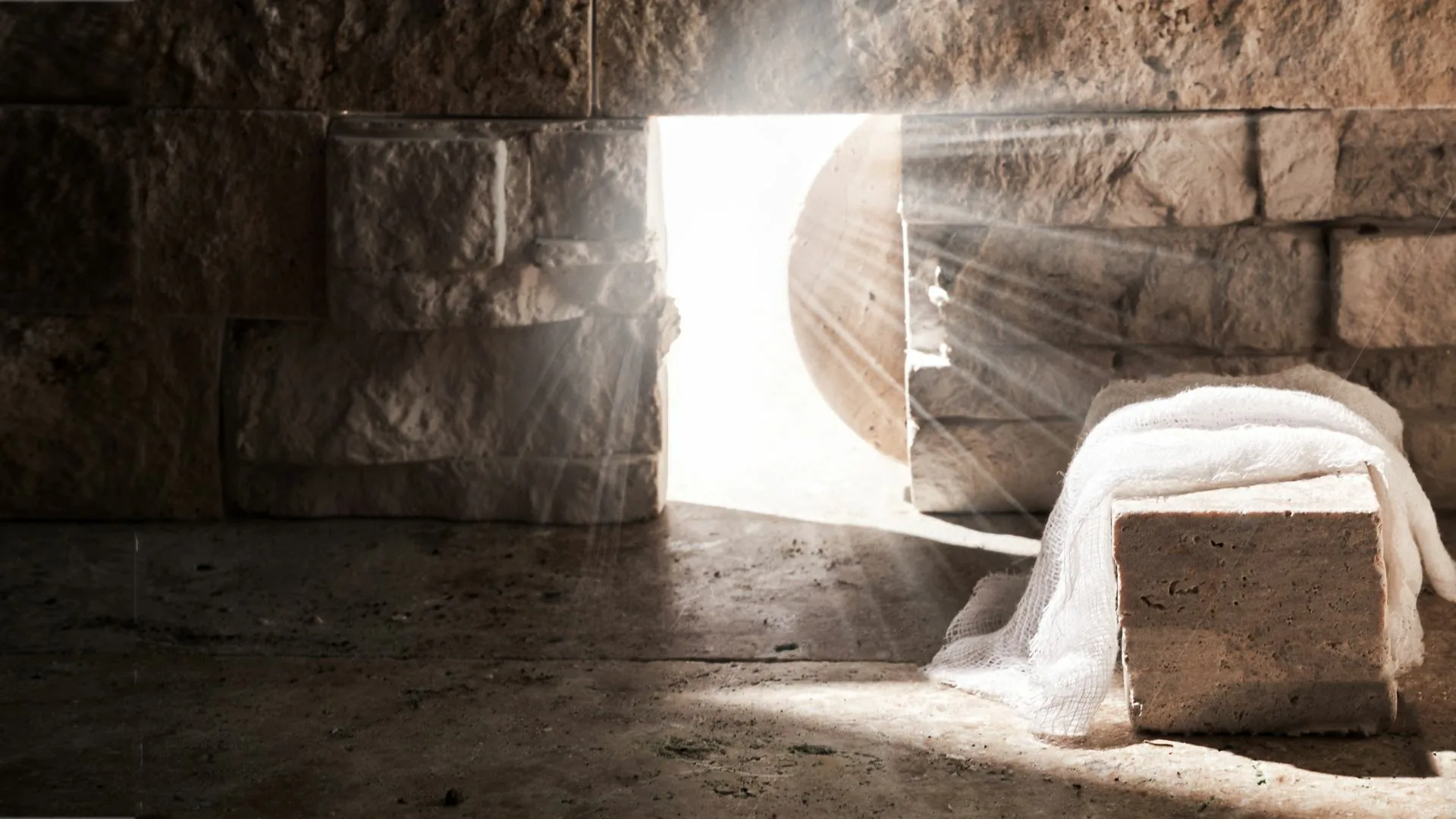Easter, the principal festival of the Christian faith, commemorates the resurrection of Jesus Christ from the dead. This signifies the triumph of life over death. It is a time of profound spiritual significance for Christians worldwide, symbolizing hope, renewal, and the promise of eternal life.
According to Christian tradition, Easter marks the culmination of the Passion of Christ. Starting with his crucifixion on Good Friday and concluding with his resurrection on Easter Sunday. The events leading up to Easter, known as Holy Week, include Jesus’ triumphal entry into Jerusalem, the Last Supper with his disciples, his arrest and trial, crucifixion, burial, and ultimately, his resurrection.

The resurrection of Jesus Christ
The resurrection of Jesus Christ is the cornerstone of the Christian faith. According to the New Testament accounts, on the third day after his crucifixion, Jesus rose from the dead. Demonstrating his victory over sin and death. This miraculous event affirms the central beliefs of Christianity. Including the divinity of Jesus and the promise of salvation for believers.

The significance of Easter extends beyond its historical roots; it holds profound theological and spiritual meaning for Christians. Easter celebrates the redemptive power of Christ’s sacrifice and the hope of eternal life that it offers to humanity. It serves as a reminder of God’s unconditional love and mercy, as expressed through the ultimate sacrifice of his Son.
The dates
The date of Easter varies each year. It is determined by the ecclesiastical approximation of the March equinox and the full moon. It typically falls on the first Sunday following the first full moon after the vernal equinox. Placing it between March 22nd and April 25th on the Gregorian calendar. More: Season Eclipse and Accelerated Growth 3/25 – 4/8/2024
Easter customs and traditions
Easter is observed with a combination of religious services, devotional practices, and cultural traditions. Churches around the world hold special liturgies, including the Easter Vigil, which celebrates the resurrection with solemnity and joy. Many Christians participate in the sacrament of Communion, commemorating Jesus’ Last Supper with his disciples. More: Coloring boiled eggs is a perfect family activity


In addition to its religious observance, Easter is marked by various customs and traditions. One of the most recognizable symbols is the Easter egg, which represents new life and fertility. Egg decorating, egg hunts, and egg rolling are popular activities associated with this holiday in many cultures. More: Boiled eggs calories and quick recipe
Another common tradition is the consumption of special foods, often shared in festive meals with family and friends. Traditional Easter dishes vary by region but may include roasted lamb, ham, and hot cross buns. Including a variety of seasonal fruits and vegetables.
Charitable giving and acts of kindness toward others. Many Christians embrace the spirit by volunteering in their communities and spreading messages of love and compassion. More: Irresistible vegetarian lasagna: A flavorful twist on a classic dish
Conclusion
Easter holds profound significance for Christians as a celebration of the resurrection of Jesus Christ.


This is the promise of redemption and eternal life. It is a time of spiritual reflection, renewal, and joyous celebration. Marked by religious observances, cultural traditions, and acts of charity. Through its timeless message of hope and salvation, Easter continues to inspire believers around the world. Reaffirming their faith in the power of Christ’s resurrection. More: The Celtic Christian Cross: History and Meaning









